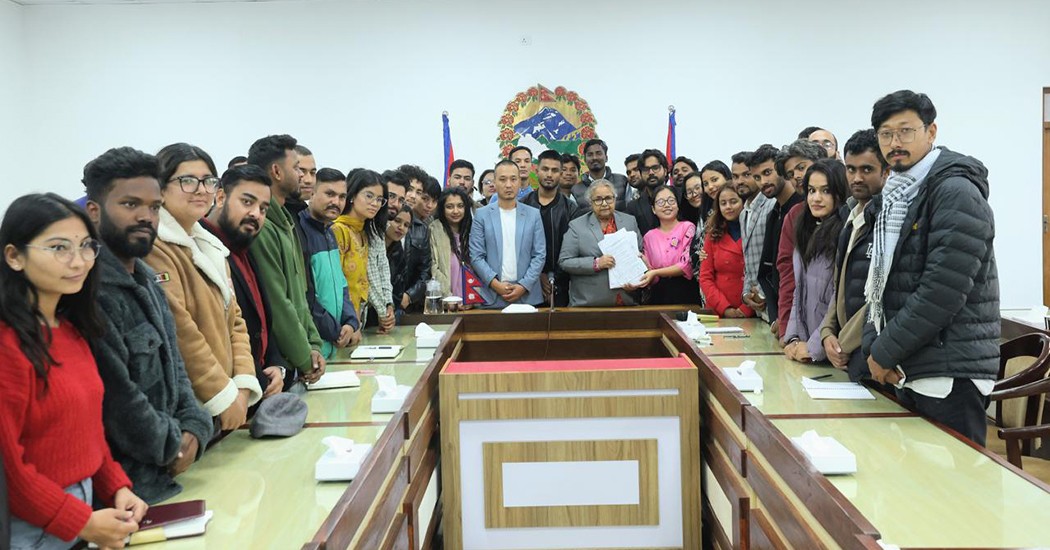
By Our Political Analyst
Different groups identifying as Gen-Z (youths under 28) have emerged in recent months. Among them, the Gen-Z Movement Alliance and the Council of Gen-Z are widely viewed as US deep-state–backed groups, reportedly trained through the US Embassy Youth Council.
This particular faction appeared for talks on September 10, sidelining other Gen-Z groups that participated in the September 8 protest, named Sushila Karki as its choice for prime minister. Last week, the US-backed group submitted a memorandum to the government. The document advanced a number of Western-aligned agendas, expressing support for the current constitution—particularly its commitments to republicanism, secularism, federalism, and proportional representation—while also calling for an amendment to introduce a directly elected executive president.
The 2015 constitution, drafted under strong Western influence, has already pushed the nation toward instability and decline. Adding a directly elected presidency—an experiment that has shown deep flaws even in the United States—would only heighten Nepal’s vulnerability. In a country like Nepal, situated between two major powers, India and China, such a system risks paving the way for an authoritarian leader, especially given the likelihood of foreign powers placing heavy bets on presidential candidates.
We have already witnessed how the directly elected mayor of Kathmandu Metropolitan City has exercised near-dictatorial tendencies. Globally, we continue to see how abrupt shifts in power—such as those driven by the strong-arm approach of US President Donald Trump—create instability in the world order.
While Americans themselves are debating the strengths and weaknesses of their political system, our own Gen-Z groups, backed by the US, appear eager to imitate the very model that is under scrutiny.



















Comments:
Leave a Reply